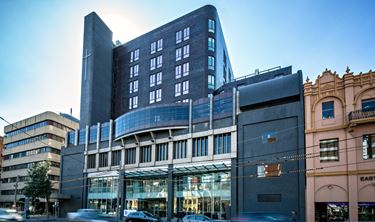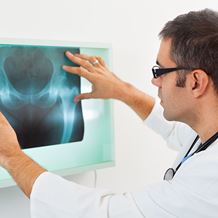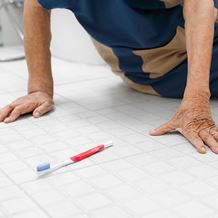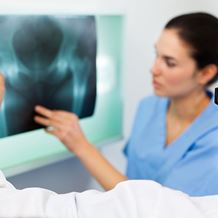Hip Arthroscopy
- Home
- Services
- Orthopaedics
- Hip Orthopaedics
- Other Hip Surgeries and Procedures
- Hip Arthroscopy
How do you know if you need a hip arthroscopy?
If you are dealing with persistent pain that interferes with your normal activities, stiffness or a limited range of motion, your doctor may recommend a hip arthroscopy. This procedure uses small incisions and a tiny camera to diagnose and treat a number of common hip conditions that are causing pain and discomfort. The camera enables the surgeon to see clearly inside the hip joint and the images are projected onto a larger screen nearby. Small specialist instruments are used to treat any problems. It is recommended for patients that are no longer responding to other treatments such as pain medication, physiotherapy and rest.
Hip arthroscopy can relieve the painful symptoms associated with many problems such as bone overgrowth (hip impingement), abnormal hip development (dysplasia) and inflamed tissue (synovitis). It is also used to remove any loose fragments of bone and cartilage that can dislodge and float around the joint causing pain.
General recovery times
Hip arthroscopy is a relatively short operation and you are likely to be discharged the same day with some crutches to help you get around. You will experience some pain after surgery, but this is completely normal. Pain relief and ice packs will be provided to help reduce the swelling, and your hip may continue to feel sore for up to two weeks. A physiotherapist will visit you in hospital and develop a personalised rehabilitation program.
After this point, your recovery time will very much depend on the actual repair work that was done within the hip joint. Certain activities such as prolonged standing, heavy lifting and squatting should be avoided for up to eight weeks after surgery. After this time, you should be able to move around without pain, although it may take up to six months to return to full fitness.
Preparation
Your doctor will provide detailed instructions on how to prepare for the hip arthroscopy. This may include dietary guidelines, medication adjustments, and physical preparations to ensure a smooth procedure and recovery.
Follow up
Post-operative care is crucial for a successful recovery. You will be given specific guidelines on activities, physiotherapy exercises and pain management. Regular follow-up appointments will be scheduled to monitor your progress and ensure optimal healing.
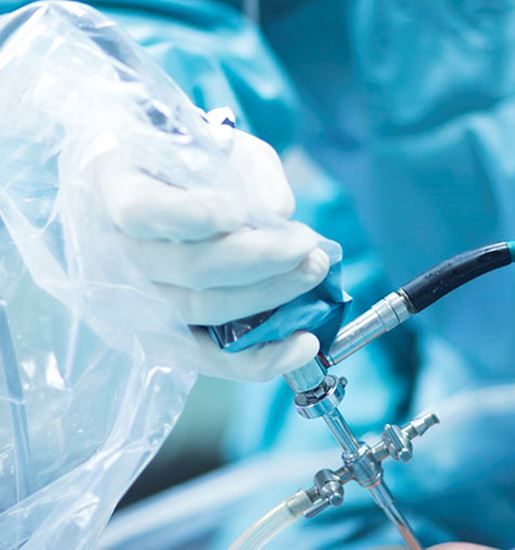
Hip replacement approaches
Other hip surgeries
Hip Arthroscopy FAQs

How much will my hip surgery cost?
Understanding the cost of your treatment is an important consideration before committing to surgery, but it’s not always easy to find the information you need. Learn more about the factors which contribute to the cost of your surgery:
What will my treatment and recovery look like?
Familiarising yourself with your treatment program and understanding the recovery process are important steps to take on the pathway to surgery.
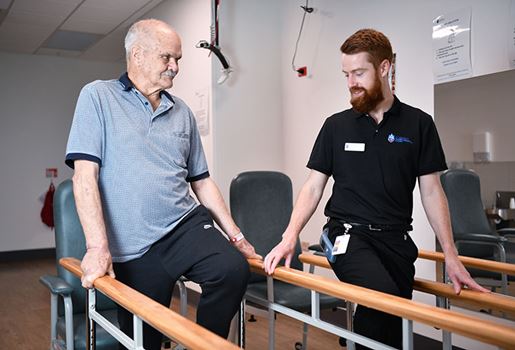
Find a hospital with orthopaedic services
Our Hospitals